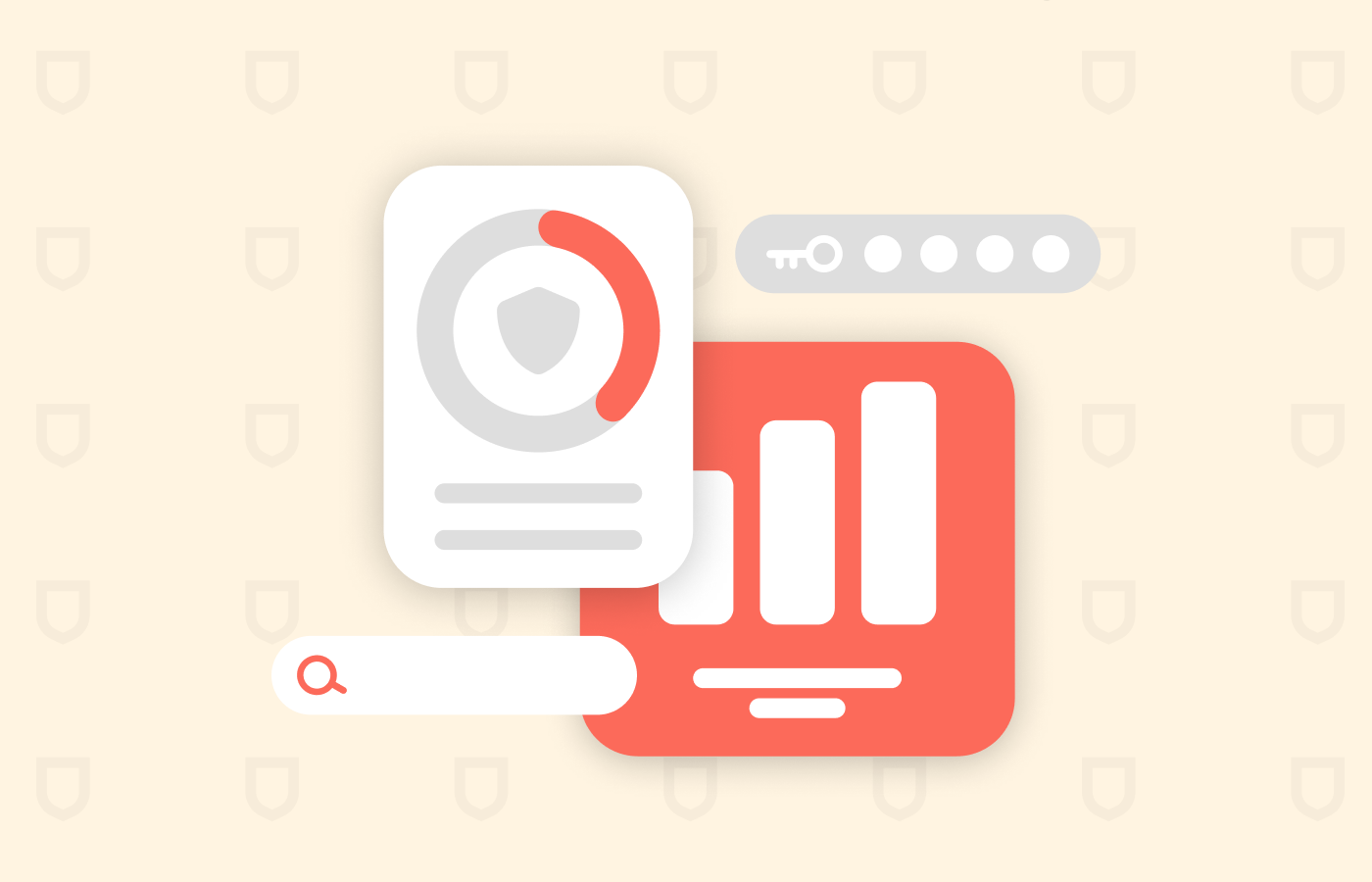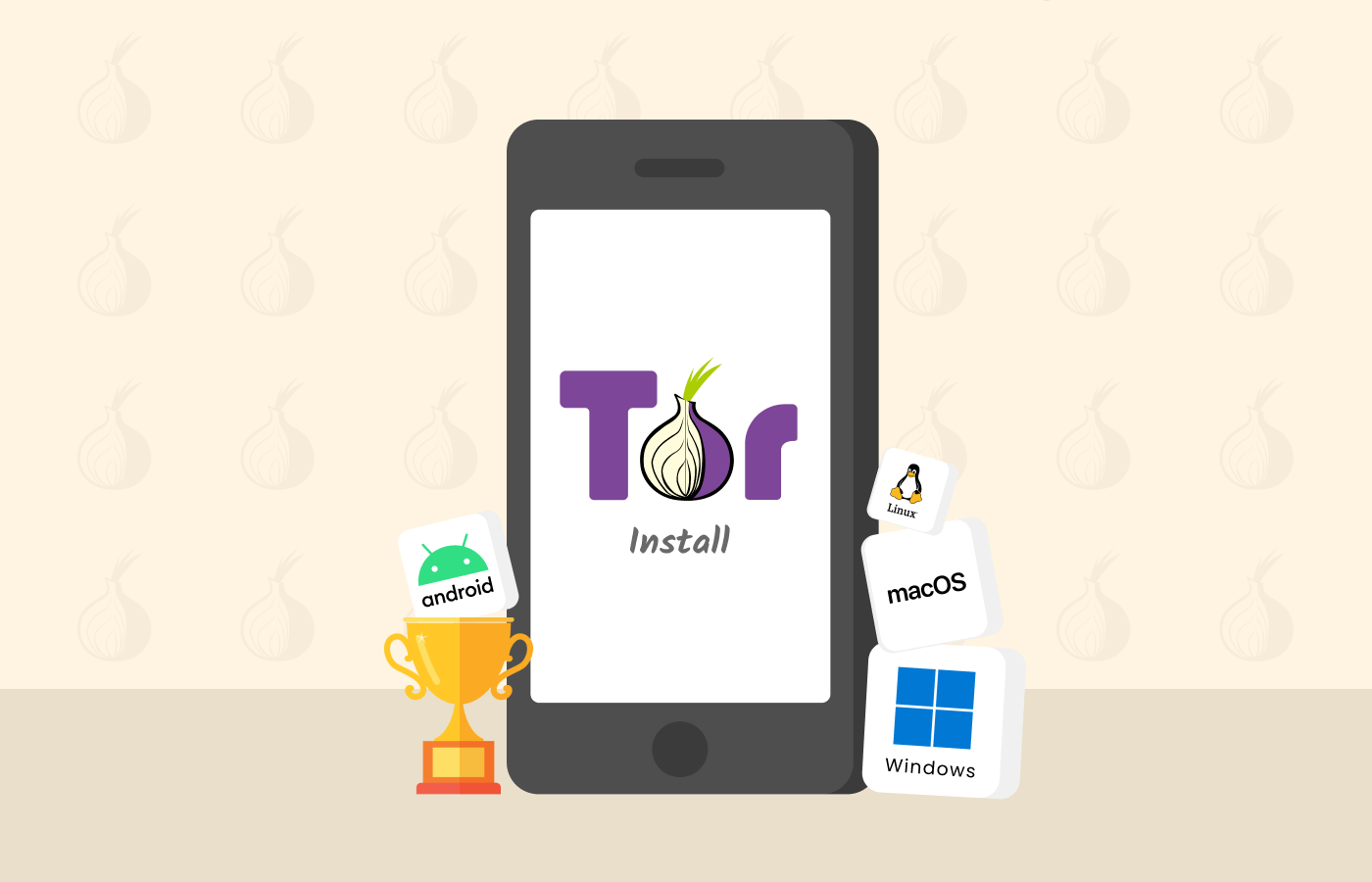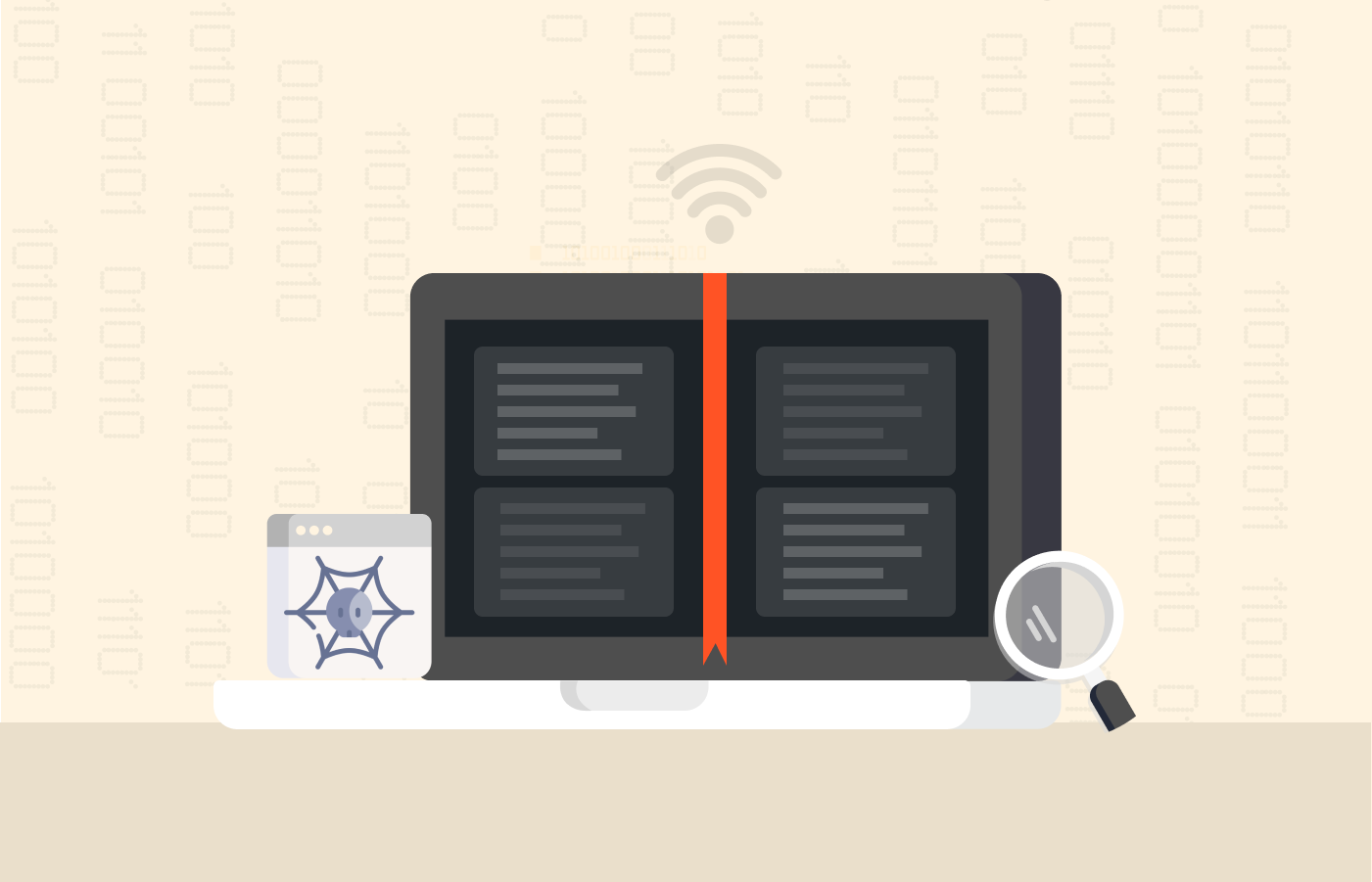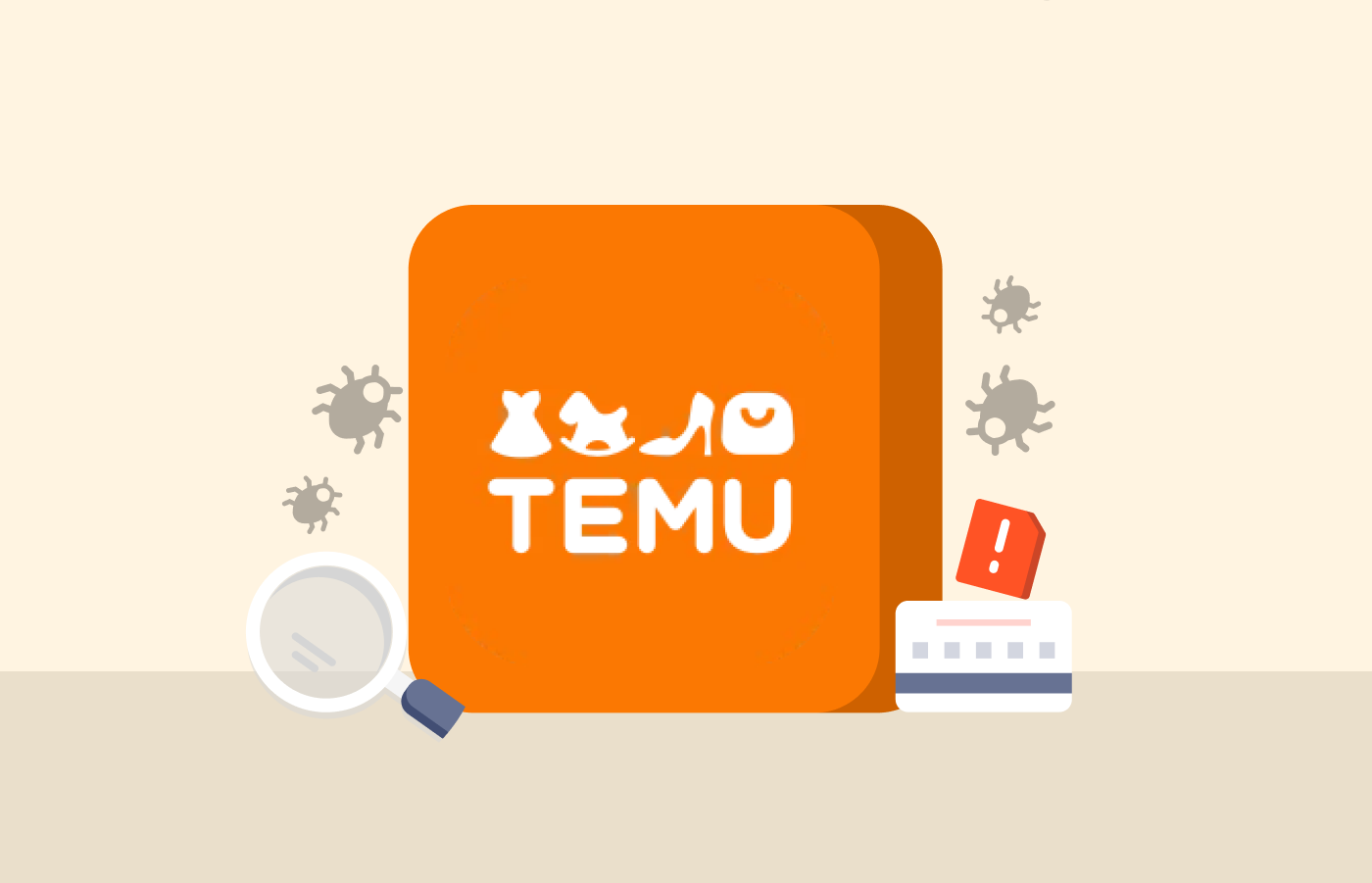Vivaldi is a Chromium-based browser that is highly customizable, fast, safe, and privacy-friendly. It is a great browser for intensive multitaskers. The browser has so many built-in tools that you’ll never want to install an extension again. It’s also among the fastest and most reliable browsers on mobile devices.
But is it safe?
Join us as we examine Vivaldi. We will explore its performance, security, and other features and compare it with the popular web browser Google Chrome.
The Vivaldi web browser: An introduction
Vivaldi came to life as Tatsuki Tomita, and Tetzchner came together to start their new project in 2016.
The two founders knew each other from their time at Opera Software. So they had the idea to create a browser that would give the user total control over the browsing experience. That’s why Vivaldi’s is so highly customizable. There’s almost nothing you can’t change to suit your taste. Tab positions, gestures, themes, you name it. Vivaldi lets you fiddle with it until you’re happy with the result.
Also, the browser includes so many built-in tools that you will not need any Chrome extensions again. This makes Vivaldi faster because it remains light and efficient without sacrificing performance.
And what are those built-in tools, we hear you ask? Ad blocker, pop-blocker, calendar, translator, mail client, screen capture, notes, contact manager, and so much more!
The concern for user privacy is at the heart of the Vivaldi project. By default, it doesn’t track or store your browsing history. In addition, its sync feature is encrypted end-to-end so that nobody can intercept your data.
There was only a desktop version until 2019, but things changed later. And now, you can enjoy Vivaldi’s browsing prowess in Linux, macOS, Windows, and Android devices.
Why pick Vivaldi?
Most users prefer Vivaldi for two reasons: better performance and increased privacy.
1. Distinctive features
The browser has a range of useful features for a wide variety of users. For example, it has a built-in notes feature, a screen capture tool, and a reader mode for easier reading lengthy articles.
2. Better online privacy
Vivaldi doesn’t track your browsing history. That is already a significant difference with Google Chrome, which is known to keep close track of all that information, as all Google services. Instead of tracking your history, Vivaldi blocks trackers, pop-ups, and ads automatically. So it protects you from unwanted trackers.
Vivaldi lets you disable all third-party cookies. In addition, your browsing history and downloads are stored on your device and secured with encryption, so Vivaldi (the corporation) can’t access them.
The company hails from Oslo, Norway. It stores some non-personal metadata on its servers. But it’s information that remains out of reach for unwanted third parties. Additionally, Norway’s laws are very privacy-friendly.
Vivaldi is the way to go if you want a web browser that respects your privacy, unlike many popular browsers that profile their users as closely as possible.
3. Speed and customization
The other advantage of Vivaldi is its superior performance. It’s faster, more efficient, and more versatile than any other web browser. If you are used to spending some of your digital life on relatively heavy websites, you’ll be amazed at how Vivaldi can deliver them better than Chrome or Firefox.
The browser has many features and settings you can tweak to your taste. Talk about custom keyboard shortcuts, mouse gestures, quick commands, interface personalization, Sync across devices, and browsing across devices. It’s not only the best performing, most customizable browser. It’s also the most modern one.
How is Vivaldi making a profit?
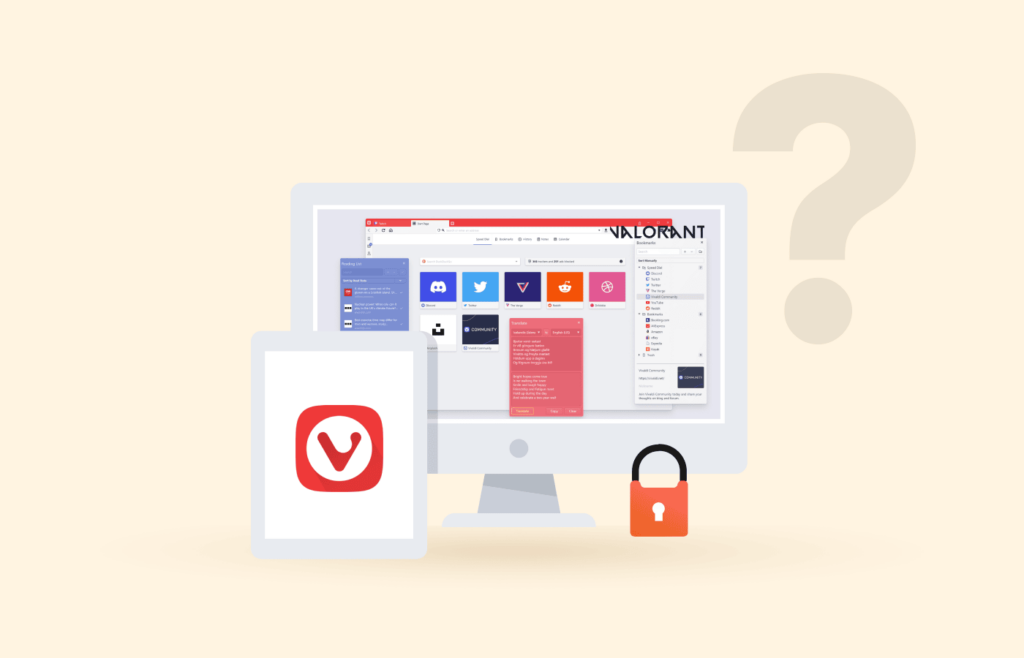
Vivaldi is not collecting user data, logs, and profiles to sell to advertisers and other data miners for a profit. Instead, it has partnerships with search engines and bookmark partners.
Vivaldi offers several search engines out of the box. Those include Startpage, Qwant, Ecosia, Neeva, Yelp, DuckDuckGo, Yahoo, and Bing. You can pick the one you like best, and Vivaldi gets a payment each time you use it.
And what about Google, we hear you ask? It’s there too for Vivaldi users, except that Google doesn’t pay anything to Vivaldi when they choose it.
Also, upon launching the Vivaldi browser, you’ll find a set of bookmarks. Among them are Walmart, AliExpress, YouTube, eBay, Amazon, Yelp, and Booking. Vivaldi also gets a payment each time you follow a bookmark.
Vivaldi’s privacy and features
The Vivaldi web browser is the best Google Chrome alternative. It has every feature you can find in Chrome and is compatible with all the extensions available in the Chrome Web Store. However, Vivaldi is a browser that values and respects your privacy.
Google may be easier to use, but Vivaldi’s superior range of features, customization, and privacy features could win you over if you give it a chance.
1. Ease of use
You can download Vivaldi from its official website, Google Play Store, or Apple App Store. Setting it up is straightforward.
You don’t need to have a Vivaldi account to take advantage of most of its features –except for Vivaldi Sync. The Vivaldi Sync feature lets you sync your browsers on several devices, so you can continue with your current session even if you change devices.
The interface is nice, clean, and transparent to navigate. The overabundance of features doesn’t make it harder to use, and you’ll find no significant learning curve.
You can add your favorite websites to the browser’s start page. Then, the side panel gives you access to options like the bookmark manager, notes, reading lists, downloads, history, extensions, and more. This browser even includes an integrated e-mail client in the sidebar.
2. Privacy ad browsing
Vivaldi will never store or sell your search and download history. Furthermore, it doesn’t keep track of your activities. On the contrary, it blocks ads and trackers and keeps you safe from phishing and malware-spreading sites.
You’ll decide if third-party cookies should be blocked and control Vivaldi’s storage of your browsing history.
Vivaldi can’t access your browsing information or your account profile. Your search terms, the URLs you visit, and the files you download are encrypted in your device. They never go to a corporate database.
The browser’s privacy policy makes it clear that it sends some metadata to the company’s servers every 24 hours. The purpose is to determine the number of active users according to their physical location.
The Vivaldi Sync feature requires collecting additional metadata, like your user ID, timestamps, and the time of the last Sync. However, the Sync is encrypted end-to-end, so it’s safe from prying eyes.
Vivaldi has a Private Window option, just like Chrome, which is helpful when you want none of your browsing data get stored.
However, the Private Window option can still be too revealing to your ISP or give away your IP number, which is the key to your digital privacy when you’re online. You can avoid both problems by using a good VPN service that guarantees anonymity and enhances the privacy and security features that Vivaldi already offers. A VPN provider like NordVPN will get you excellent speeds and servers, many additional security features besides encryption, and always protect your IP address.
3. Stack tabs
Are you the type of user who likes to have a lot of tabs open at the same time? You’ll love Vivaldi, then. The Tab Stacks option allows you to group your tabs neatly, so your session remains clean and easy to use. In addition, with Vivaldi, your multiple browsing sessions are easier to organize, so you can find the information you need more quickly.
The feature is very memory-efficient, so your session remains smooth.
4. Radar view
Vivaldi’s Radar View is a displaying mode that removes all the noise so you can stay focused on the relevant information on a webpage. In addition, it lets you read without distractions.
5. Customization
The high degree of customization in the Vivaldi Web browser is its primary selling point. Adjusting your tab layout customizes your whole interface. For example, some settings can change the tab bar position, where new tabs come up, the minimal size of an active tab, and much more.
There is a theme scheduler for you to set specific themes at specific times. You can rotate your favorite themes as you wish or create your own theme and share it with the world.
Vivaldi’s adaptive interface lets your browser’s colors change depending on the websites you browse. So your browser can be blue on Facebook or white on Instagram.
And let’s not forget about Chrome browser extensions. Vivaldi is compatible with all of them, so you can personalize your browser much more as you install the extensions you already know and love from your Chrome browser.
Of course, the more you customize your Vivaldi, the more resources you’ll need to keep it running. But Vivaldi knows this, which is why it has hibernation and lazy loading features that help your session to remain smooth without overtaxing your device.
Also, if privacy is vital for you, remember that Vivaldi doesn’t collect user data. However, the extensions you may install could do so. So please read the privacy policy of the extensions you intend to use before installing them.
6. Customer support
There are no live chat or 24/7 customer support services for Vivaldi users. Instead, the official webpage is fraught with useful pages and information on all topics. You’ll find many guides, customization instructions, account recovery assistance, and more.
There also is a community forum where you can find help.
7. Split view tabs with tab tiling
Sometimes, you may need to access various pages concurrently, necessitating the use of different windows. Thankfully, the Vivaldi Web Browser’s Tab Tiling feature simplifies this activity for you. It allows you to display multiple tabs in a grid layout, making it easy to manage your tabs.
To use the tab tiling feature, follow the steps below:
- Right-click the Stack after you have created the Tab Stack.
- Select ‘Tile Tab Stack’
- Using the Tile Setting Icon in the Status Bar, you can change the display to a vertical, grid layout, or horizontal option.
When you select Stack after applying Tab Tilling, all the pages in the Stack will display side by side.
8. Better browsing with sidebar tabs
Vivaldi is an ideal browser for every user because it is flexible and rich in features. For instance, after installing Vivaldi for the first time, you can alter the tab bar from the top to your desired position.
The steps for adjusting the position of the tab bar are as follows:
- Navigate to Vivaldi’s settings and access the Tabs page.
- Change the Tab Bar position to the right or left as you prefer.
9. Dock always – Open pages
Most users prefer to keep some tabs always open, even pinning them to ensure they are not closed. However, you must always click on the pinned tab to open it.
Fortunately, Vivaldi allows you to convert those always-open pages into Web Panels while browsing the tabs normally. This allows you to conduct multiple searches on your browser simultaneously.
You can add a Web Panel using the steps below:
- Navigate to the ‘Show Panel’ at the bottom left of Vivaldi and ensure the Panel bar is open.
- Click on ‘Add Web Panel’ in the Panel Bar.
- The current tab or page will be added as a Web Panel. Also, you can add your desired URL.
10. Instant and fast search with search engine nicknames
Vivaldi Web Browser is based on cutting-edge web technologies, making it a powerful and dependable browser. It has a search engine nicknames feature, including Ecosia and Wikipedia. Furthermore, you can also design your search engine nicknames using pages that take URL parameters.
11. Taking notes while browsing the web
Vivaldi includes an excellent note-writing feature that allows you to easily create, organize and delete your notes. In addition, you can format the notes using Markdown, attach images, associate your notes with a specific URL, and access your notes at any given time.
You can create Notes by using the steps below:
- Navigate to the Panel Bar.
- Select the ‘Notes Panel’.
- Create and start working with Notes.
12. Reading articles without ads
Reading articles with a lot of ads is pretty annoying for all users. After removing redundant materials, Vivaldi’s Read View feature extracts the article content and presents it in a friendly readable format.
You can read articles without Ads by:
- Clicking on the Reader View icon next to the Address Bar.
13. Quick commands – For quick results!
Vivaldi’s Quick Commands feature allows you to type out actions you want to perform or shortcuts you want to use without necessarily memorizing them. Also, you can use this feature to run an instant web search.
Follow the steps below to use Quick commands:
- Press the F2 key to open the Quick commands prompt.
- Type the name of the function you want to apply. E.g., Task Manager to open the Vivaldi Task Manager.
The cons of the Vivaldi Browser
Vivaldi has some Google features (auto-fill, safe browsing, search suggestions) that could send some of your non-personal information to Google. But disabling such features is straightforward.
As mentioned, Vivaldi’s capability for great customization is the browser’s main selling point. Unfortunately, however, they can overwhelm many users. Thankfully, customization is not mandatory. You don’t need to tweak anything to enjoy Vivaldi’s browsing experience because the default settings are optimal for privacy and functionality.
Unfortunately, Vivaldi has no iOS version so far. This is bad news for iPhone users. But Android and desktop users can download and use it without problems.
Alternatives to the Vivaldi Browser
Vivaldi is the best browser regarding privacy features. However, only some users will find it suitable to become the preferred web browser. Here are a few outstanding options if you are one of those users but still want to have a browser that respects your privacy.
1. DuckDuckGo
DuckDuckGo‘s claim to fame is as a privacy-friendly search engine. However, it also has a good web browser for Android and iOS. In April 2022, a new macOS browser also came online.
The browser is as good for privacy as the search engine and offers a little more. For example, it blocks trackers and encrypts websites. In addition, it’s easy to use because it has the same essential feature as Chrome (bookmarks, password management, etc.).
2. Opera
Opera is one of the top browsers for online anonymity. It includes an ad blocker, a built-in proxy, and a cryptocurrency digital wallet.
It also allows you to synchronize your browser across devices, and the Workspaces feature makes tab organization easier, allowing you to group tabs together, but not quite as Vivaldi does.
Opera versions exist for Linux, Windows, macOS, Android, and iOS.
3. Brave
Brave is a favorite among the best private browser currently available. It blocks every tracker and ad automatically. It also blocks unwanted cookies, malware, and phishing attacks.
It includes the option to use The Onion Router (Tor) browser, which lets you surf the dark web. Additional features include a crypto wallet (the browser has a native cryptocurrency, BAT). You can earn BAT tokens as you browse the web with Brave.
Brave has many more features, such as a personal news feed, offline playlists, and private video calls. It’s available in Android, macOS, iOS, Linux, and Windows versions.
4. Mozilla Firefox
Vivaldi is more feature-rich than Firefox, but it’s a good alternative.
Mozilla Firefox blocks trackers and avoids browser fingerprinting out-of-the-box. It can also block pop-ups and ads. Also, Mozilla has a VPN, but it’s not included in the browser by default.
Other excellent features include Reader Mode, HTTPS-only mode, and more.
Firefox is available in Linux, Windows, macOS, iOS, and Android.
FAQs
No, Vivaldi is based in Norway.
No, the Vivaldi project is dead against collecting user data. Your data remains encrypted in your device, doesn’t go to the company’s servers, and is not sold to third parties.
